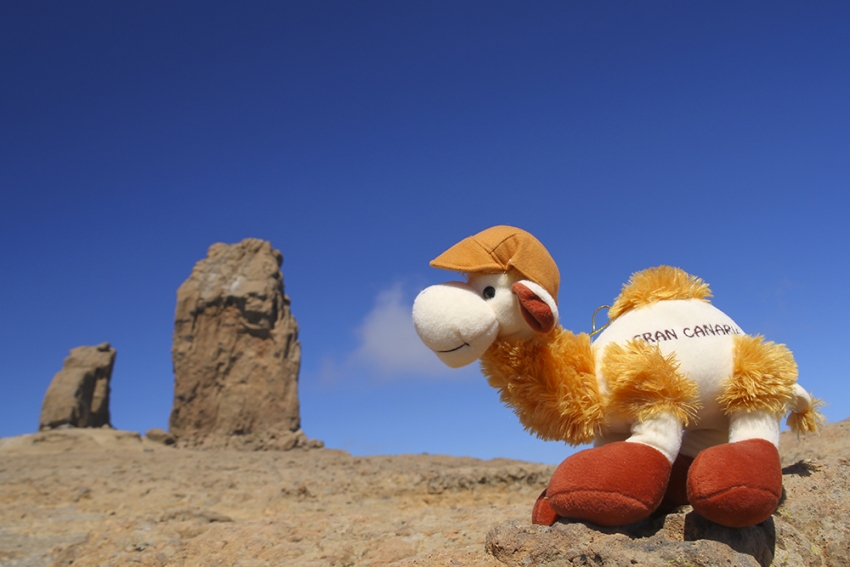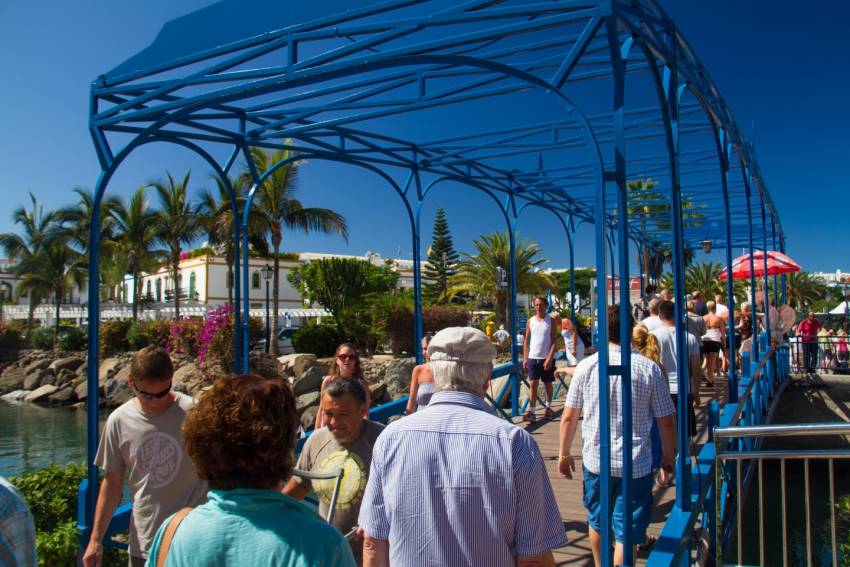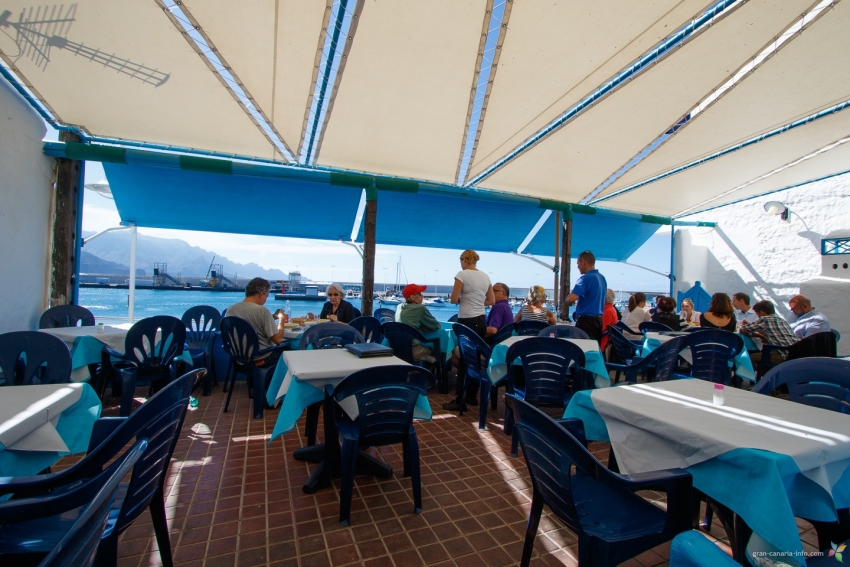-
Home

-
Latest articles

- handicrafts
Thursday, 12 February 2015 16:14
Gran Canaria Shopping: Traditional Canary Island Souvenirs Worth Buying
Back-scratchers, novelty bottle openers and wonky plastic bulls all make amusing souvenirs from Gran Canaria. However, they don't have the authentic kudos of these quality Canarian handicrafts.
Published in
Shopping
Friday, 09 January 2015 00:00
Gran Canaria Markets: Handicraft Monday in Puerto Mogan
Puerto Mogán massive Friday market is so crowded that there's now a Monday handicraft market in the town as well. This focuses on handmade goods and all stallholders have to be certified as local handicraft producers.
The Monday Mogán market is behind the beach rather than along the harbour wall. The goods on sale tend to be better quality than on Fridays but prices are also higher.
Published in
Markets
Gran Canaria Info recommends:
- Default
- Title
- Date
- Random
Join the Gran Canaria Info newsletter list
Gran Canaria info recommends
-

Which Gran Canaria Airport Transfer Service Is The Best?
-

Hassle-Free Gran Canaria Car Hire
-

The Best Value Car Rental Service In Gran Canaria
-

Gran Canaria Shopping: Start At Fundgrube For Price & Quality
-

Off The Beaten Track With A Gran Canaria Buggy Trip
-

Casa Romantica: A Classic Gran Canaria Restaurant Reborn
- 1
Follow us on Facebook
Tip of the day
Latest articles
Who's Online
We have 5226 guests and no members online







